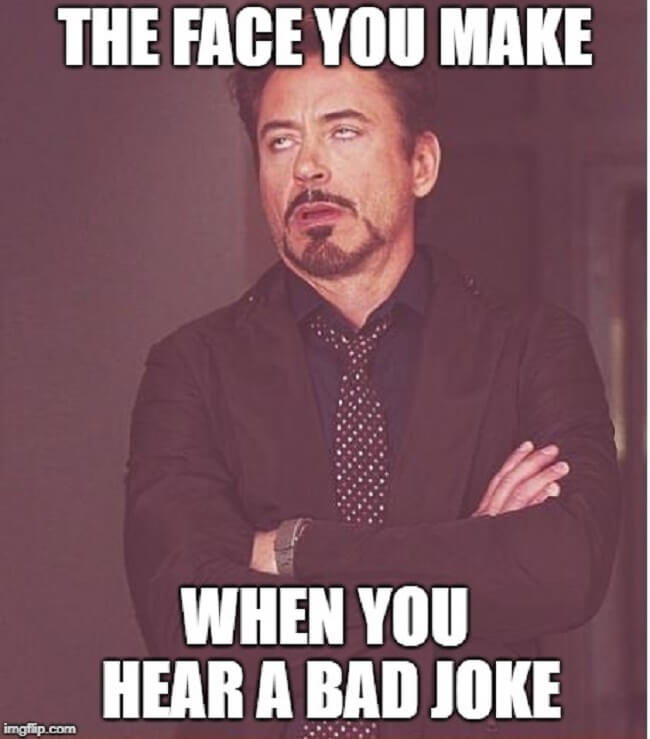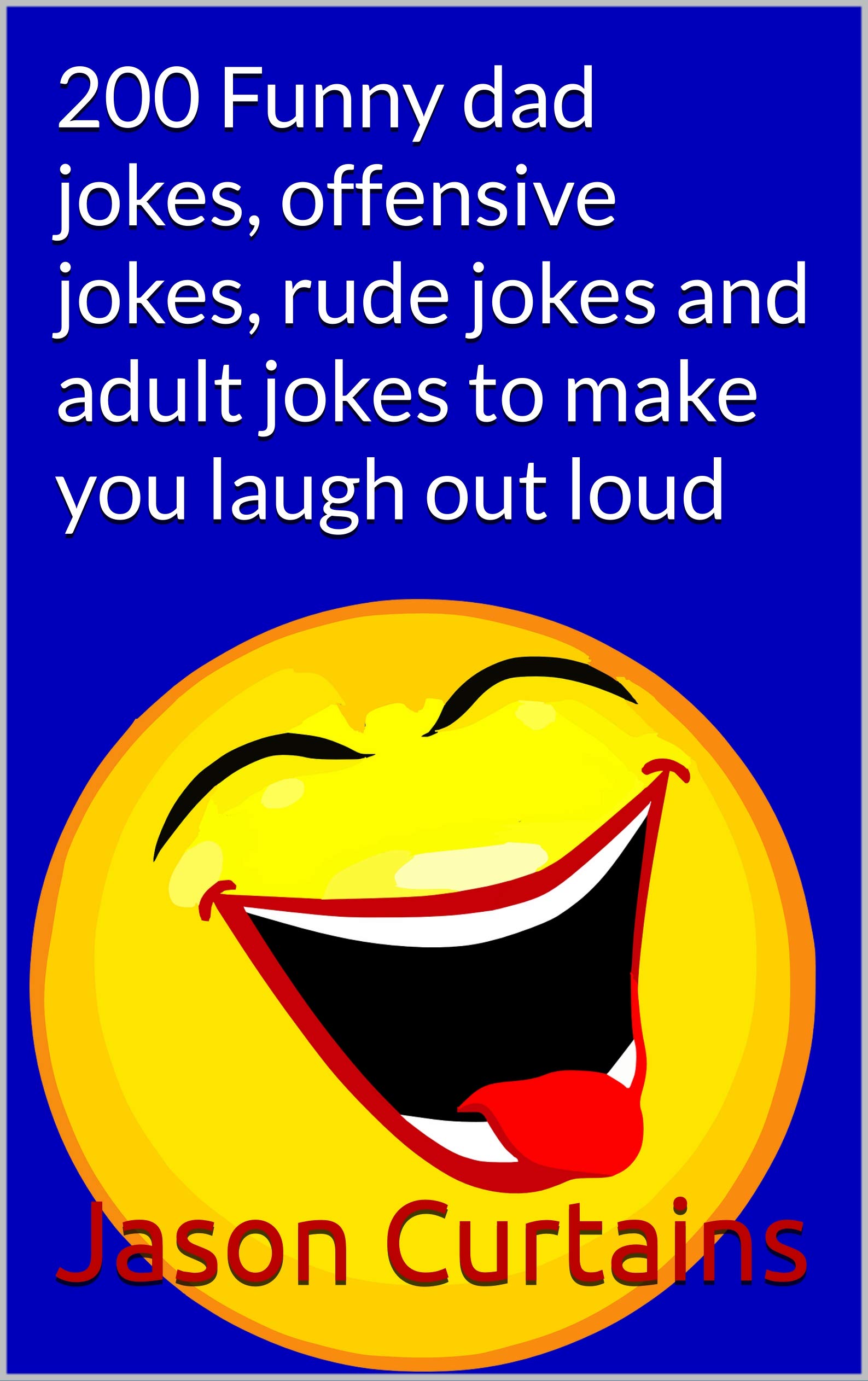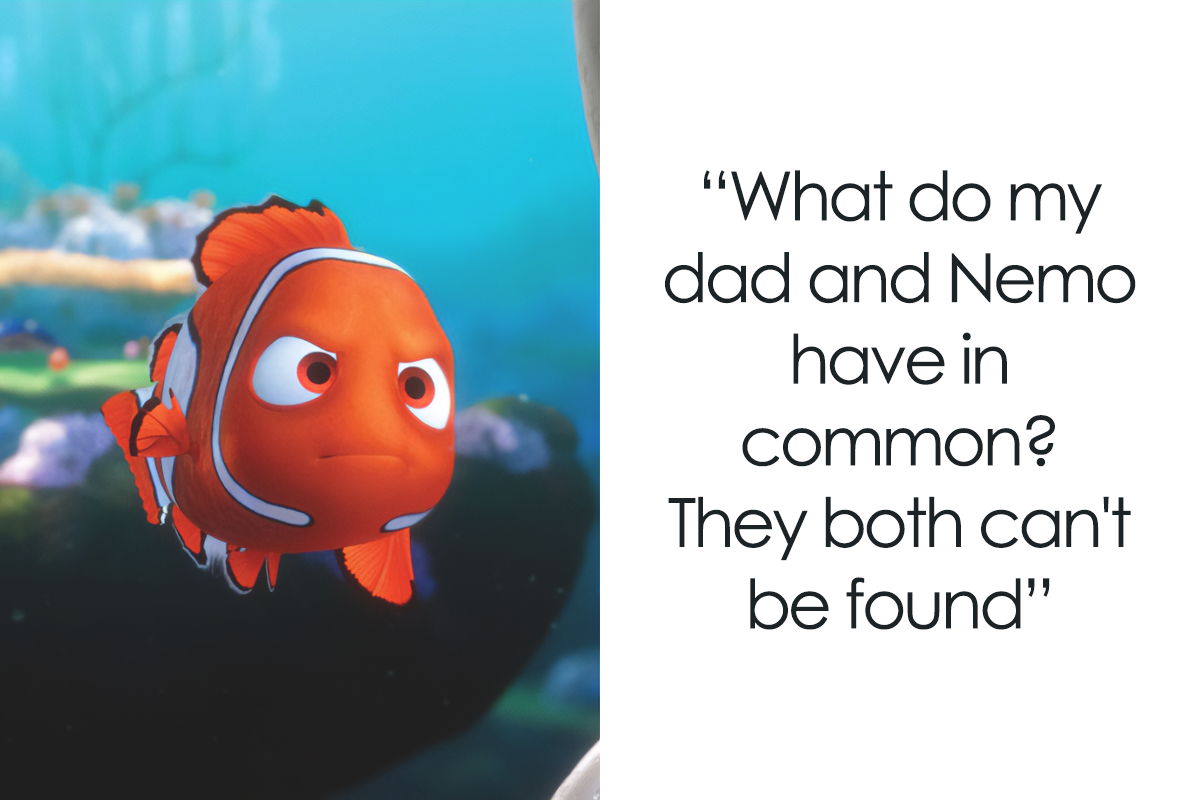Why "Most Offensive Jokes 2024" Still Hurt | Shocking!
Are we truly laughing, or are we merely inflicting pain disguised as humor? The surge of "most offensive jokes 2024" isn't just a collection of poorly constructed punchlines; it's a reflection of deep-seated biases that society urgently needs to confront.
Pinpointing the single "most offensive" joke is an exercise in subjectivity, mired in the quicksand of individual sensitivities and societal norms. What one person dismisses as a harmless jest, another might experience as a deeply personal attack. However, certain categories of humor consistently cross the line, venturing into territories of immense pain and historical trauma. These include, but are not limited to, jokes trivializing the Holocaust, the devastation of 9/11, or the ongoing suffering caused by systemic oppression. Humor that targets survivors of rape, victims of child abuse, or individuals battling mental illness is also widely considered beyond the pale. The very act of constructing a punchline around such profound suffering reveals a troubling lack of empathy and a willingness to exploit tragedy for fleeting amusement.
| Category | Description |
|---|---|
| Offensive Jokes | Jokes that ridicule or demean individuals or groups based on protected characteristics such as race, religion, gender, sexual orientation, or disability. |
| Hurtful Jokes | Jokes that inflict emotional pain or distress, often targeting vulnerabilities or past traumas. |
| Disrespectful Jokes | Jokes that show a lack of regard for the beliefs, values, or dignity of others. |
| Trolling | Jokes used as bait to provoke or upset individuals, often anonymously. |
| Cyberbullying | Jokes posted online with the explicit intent to harm or humiliate. |
| Hate Speech | Jokes that incite hatred or violence against a particular group of people. |
Reference: Anti-Defamation League (ADL) |
The motivations behind telling offensive jokes are complex and varied. Some individuals may genuinely believe they are "just joking," unaware of the potential impact of their words. Others may use humor as a defense mechanism, attempting to deflect from their own insecurities or anxieties. Still others may intentionally weaponize humor, using it as a tool to assert dominance, express prejudice, or inflict emotional harm. Whatever the motivation, it's crucial to recognize that words have power, and even seemingly innocuous jokes can have a corrosive effect on individuals and communities. The targets of these jokes are not abstract concepts; they are real people with real feelings, capable of experiencing profound hurt and alienation.
- Vegamovies 4k Achieve The Ultimate Guide Tips Tricks
- Vegamovies Nl 2024 Is It Safe The Truth Revealed
Before uttering a potentially offensive joke, a crucial moment of self-reflection is required. Consider the potential consequences: will the joke truly elicit laughter, or will it leave a sting of pain and resentment? Are you perpetuating harmful stereotypes, or are you challenging them? Are you speaking from a place of empathy and understanding, or are you simply amplifying your own biases and prejudices? Offensive jokes often serve as a mirror, reflecting the speaker's own internal landscape of negativity and intolerance.
The landscape of comedy in 2024 is rife with examples of humor that walks a precarious tightrope between satire and outright offensiveness. What might be perceived as edgy social commentary by some is, to others, a blatant display of insensitivity and disregard. The key distinction lies in the intent and the impact: does the humor challenge power structures and provoke critical thinking, or does it simply reinforce existing inequalities and inflict pain on vulnerable groups? The line between the two is often blurred, requiring careful consideration and a willingness to engage in open and honest dialogue.
- Offensive: Jokes that make fun of people's race, religion, gender, or sexual orientation are prime examples of humor gone wrong.
- Hurtful: Jokes that cause emotional pain or distress, often by targeting personal vulnerabilities, are never justifiable.
- Disrespectful: Jokes that show a lack of regard for people or their beliefs create a hostile and unwelcoming environment.
- Trolling: Jokes intended to provoke or upset people are a form of online harassment and should not be tolerated.
- Cyberbullying: Jokes posted online with the intent to harm or humiliate someone are a form of digital abuse with serious consequences.
- Hate speech: Jokes intended to incite hatred or violence against a particular group of people are not protected speech and should be condemned in the strongest possible terms.
The simple truth is that most offensive jokes are not funny. They lack wit, originality, and any redeeming social value. They are, at their core, mean-spirited and hurtful, designed to inflict pain rather than elicit genuine laughter. If you find yourself tempted to tell an offensive joke, take a moment to reconsider. Is a fleeting moment of amusement worth the potential cost of someone else's emotional well-being?
Jokes targeting race, religion, gender, or sexual orientation are consistently ranked among the most offensive, and for good reason. They trivialize the very real experiences of discrimination and prejudice faced by marginalized communities. These jokes don't just offend; they actively contribute to a climate of intolerance and hostility. They perpetuate harmful stereotypes, reinforce negative biases, and make it more difficult for individuals to live authentically and without fear.
- Racist jokes: Jokes that mock or belittle people based on their race or ethnicity perpetuate racist stereotypes and inflict emotional harm on those who have experienced racism. The sting of these jokes lingers long after the punchline is delivered.
- Sexist jokes: Jokes that demean women or men based on their gender reinforce sexist stereotypes and contribute to a culture of gender inequality. These jokes often trivialize issues such as sexual harassment and domestic violence.
- Homophobic jokes: Jokes that target gay, lesbian, or bisexual individuals perpetuate homophobic stereotypes and create a hostile environment for LGBTQ+ individuals. These jokes can have a devastating impact on the mental health and well-being of those who are targeted.
- Transphobic jokes: Jokes that mock or invalidate transgender individuals perpetuate transphobic stereotypes and contribute to a climate of discrimination and violence against the transgender community. These jokes are not only offensive but also deeply harmful.
Even when unintended, jokes about race, religion, gender, or sexual orientation can inflict significant emotional damage. If there's any doubt about a joke's potential to offend, it's best to err on the side of caution and refrain from telling it. The responsibility for creating a more inclusive and respectful society rests on all of us, and that includes being mindful of the words we use and the impact they can have on others.
Hurtful jokes are those that strike at the heart of personal vulnerabilities, inflicting emotional pain and distress. They often target individuals who are already marginalized or vulnerable, amplifying their feelings of isolation and shame. "Most offensive jokes 2024" frequently fall into this category, exploiting sensitive topics such as race, religion, gender, or sexual orientation for cheap laughs.
- Jokes that mock or belittle someone's physical appearance are particularly cruel, especially for those who have endured bullying or teasing about their appearance in the past. These jokes can reinforce feelings of self-consciousness and insecurity.
- Jokes that make fun of someone's intelligence or abilities can be deeply demoralizing, especially for individuals who are struggling in school or at work. These jokes can undermine confidence and motivation.
- Jokes that trivialize mental health issues are incredibly damaging, contributing to stigma and making it more difficult for individuals to seek help. These jokes can make people feel isolated, ashamed, and misunderstood.
- Jokes that target someone's race, religion, gender, or sexual orientation are particularly harmful, reinforcing negative stereotypes and creating a sense of exclusion. These jokes can make individuals feel unwelcome and unaccepted.
There's no justification for hurtful jokes. Their lasting impact on the target can be severe. If there's uncertainty regarding a joke's potential to inflict pain, avoiding it is always the most responsible course of action.
Disrespectful jokes demonstrate a lack of regard for others and their beliefs. They often target vulnerable or marginalized people, amplifying feelings of unworthiness and disrespect.
Most offensive jokes 2024 often fit this category, making light of crucial topics such as race, religion, gender, and sexual orientation. For example, a joke mocking someone's religion shows disregard for their beliefs. Similarly, a joke targeting someone's gender identity lacks respect for their sense of self.
Disrespectful jokes are never humorous and can inflict lasting harm. When in doubt, it's always better to avoid telling a joke that might be seen as disrespectful.
Examples of disrespectful jokes include:
- A joke mocking someone's race or ethnicity
- A joke about someone's religion
- A joke targeting someone's gender identity
- A joke about someone's sexual orientation
- A joke mocking someone's disability
These jokes are disrespectful as they disregard the individuals they target.
Trolling is online behavior aimed at provoking or upsetting others. It encompasses inflammatory or offensive comments, personal attacks, and spreading misinformation. Often anonymous, trolls are difficult to hold accountable.
Trolling often stems from a desire for attention or power. Trolls may enjoy upsetting or angering others, and sometimes, it's a form of cyberbullying.
"Most offensive jokes 2024" often use trolling to elicit reactions. By aiming to provoke or upset, trolls gain attention and a sense of power. Additionally, trolling spreads misinformation and propaganda.
Trolling has a negative impact on individuals and society, leading to anger, frustration, and even depression. It damages relationships and hinders constructive online conversations.
Addressing trolling involves education and responsible responses. Social media platforms must also crack down on trolling and hold perpetrators accountable.
Cyberbullying is a serious issue with devastating effects on victims. Awareness of cyberbullying types and appropriate responses is crucial. One type is posting jokes online to harm or humiliate, often called "trolling." Most offensive jokes 2024 often rely on trolling for audience reaction, seeking attention and power by provoking or upsetting.
Reasons for trolling vary. Some seek attention, while others aim to cause harm, enjoying the act of upsetting or angering. In some cases, trolling is a form of cyberbullying.
Cyberbullying leads to anger, frustration, and depression, damaging relationships and hindering online conversations.
Addressing cyberbullying requires education and responsible responses. Social media platforms must also crack down and hold trolls accountable.
Hate speech is a grave issue with severe consequences. Awareness and responses are essential. One form is jokes inciting hatred or violence against a group, known as "hate speech jokes" or "offensive jokes".
Most offensive jokes 2024 often use hate speech to provoke reactions and gain attention. They also spread misinformation and propaganda.
Motivations for hate speech jokes vary. Some seek attention, while others aim to cause harm, using it as a form of cyberbullying.
Hate speech jokes lead to anger, frustration, and depression, damaging relationships and hindering online conversations.
Addressing hate speech jokes requires education and responsible responses. Social media platforms must crack down and hold perpetrators accountable.
FAQs on Most Offensive Jokes 2024
This section addresses frequently asked questions and misconceptions regarding the most offensive jokes of 2024, providing clear and informative answers to enhance understanding.
Question 1: What constitutes a 'most offensive joke'?Offensive jokes are those that intend to cause emotional harm or insult individuals or groups based on sensitive characteristics such as race, religion, gender, sexual orientation, or disability.
Question 2: Why are these jokes considered offensive?They perpetuate harmful stereotypes, ridicule marginalized communities, and undermine the dignity and worth of individuals, often leading to feelings of hurt, anger, and alienation.
Question 3: Is it ever acceptable to tell offensive jokes?No, it is never acceptable to tell jokes that intentionally cause harm or disrespect others. Humor should not come at the expense of another person's well-being.
Question 4: What are the consequences of telling offensive jokes?Telling offensive jokes can damage relationships, create hostile environments, and perpetuate cycles of discrimination. Additionally, it can reflect poorly on the speaker's character and judgment.
Question 5: How can we address offensive jokes?Challenge the jokes, educate others about their harmfulness, and promote inclusive humor that respects and celebrates diversity.
Question 6: Is there a role for comedy in addressing social issues?Yes, comedy can be a powerful tool for raising awareness, challenging prejudices, and fostering empathy. However, it must be done thoughtfully and responsibly, avoiding harmful stereotypes and promoting respect.
Remember, humor should bring joy and laughter, not pain and division. By understanding the harm caused by offensive jokes, we can collectively work towards creating a more inclusive and respectful society.
Most Offensive Jokes 2024
The exploration of "most offensive jokes 2024" reveals a disheartening trend of humor that relies on causing harm rather than eliciting genuine laughter. These jokes perpetuate harmful stereotypes, ridicule marginalized communities, and undermine the dignity of individuals. They have no place in a society that values inclusivity, respect, and kindness.
We must collectively challenge the acceptability of offensive jokes and work towards fostering a culture of humor that celebrates diversity and promotes empathy. By educating ourselves and others about the harm caused by such jokes, we can create a more inclusive and respectful society where everyone feels valued and respected.
- Who Is Dan Fernandezs Wife All About Her Now
- Who Is The Larry Mathews Lakers Coach Career Amp More Now

15 Offensive Jokes that should be (not until you've laughed)

200 Funny dad jokes, offensive jokes, rude jokes and adult jokes to

150 Dark Humor Jokes For All The Dark Comedy Enthusiasts Out There